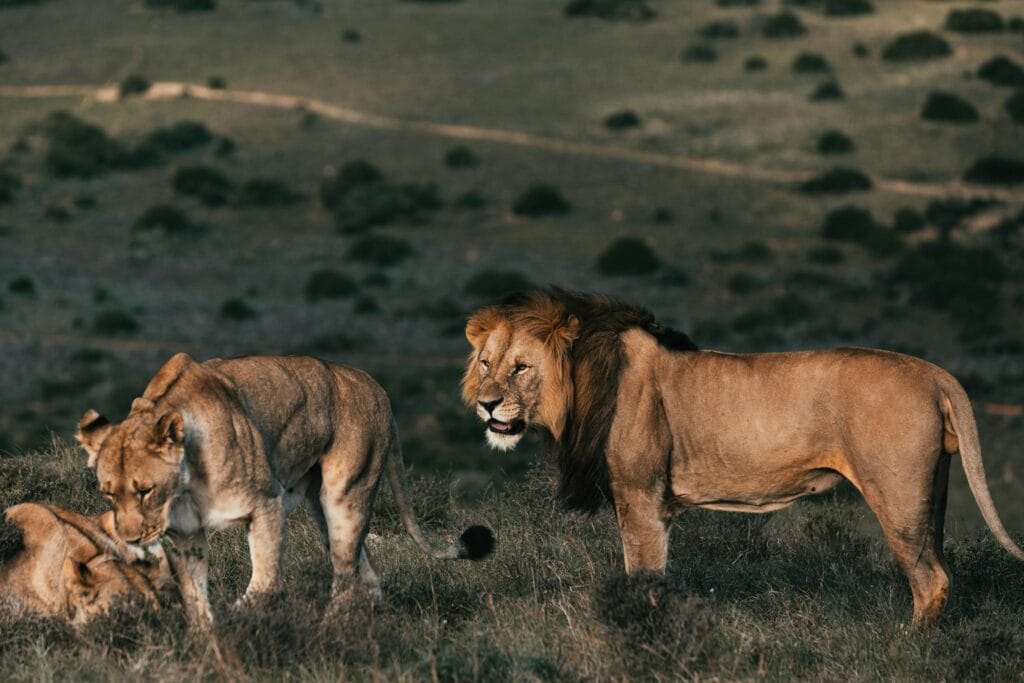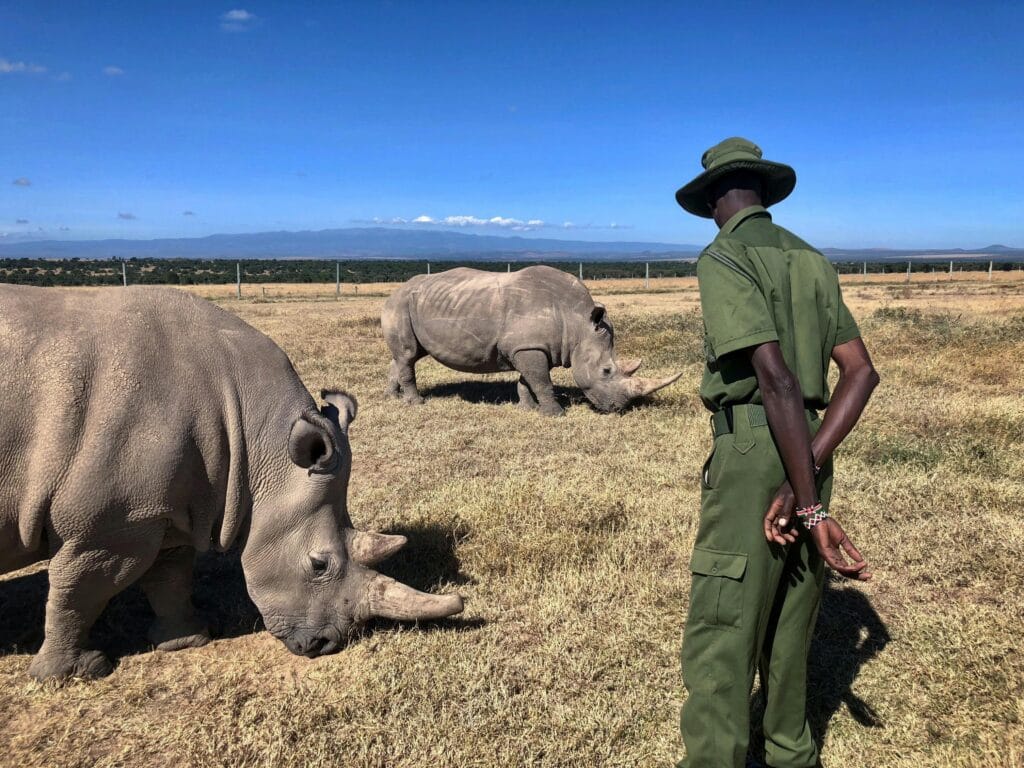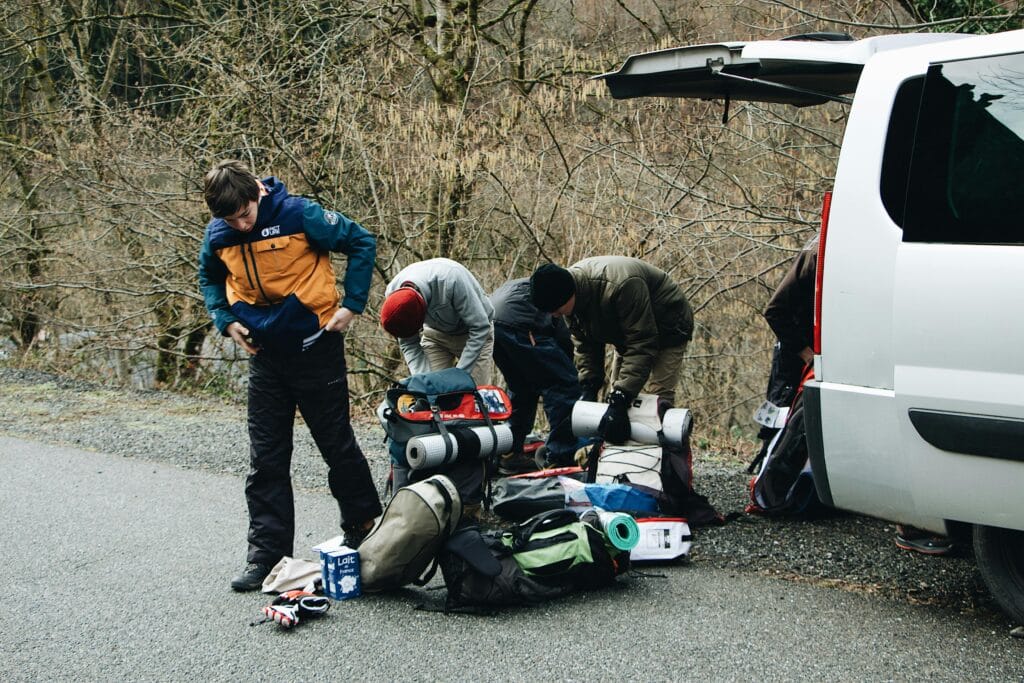Staying Safe Around Wild Animals on Safari
One of the most exciting parts of a safari is the opportunity to get up close to Africa’s incredible wildlife. However, it’s essential to remember that these animals are wild and can be unpredictable. Staying safe around them requires understanding their behavior, following the guidance of your safari guide, and being aware of your surroundings at all times. Here’s a guide to help you stay safe during your safari adventure. Book Now 1. Follow Your Guide’s Instructions Why it matters: Your safari guide is trained to know animal behavior and the safest ways to approach wildlife. They are there to ensure your safety and provide a memorable experience, so it’s crucial to listen to them at all times. Pro Tip: Always stay in the vehicle unless instructed otherwise. Never attempt to approach or provoke any animals, no matter how calm they appear. 2. Respect the Animals’ Space Why it matters: Wild animals are unpredictable and can react aggressively if they feel threatened or cornered. By maintaining a safe distance, you minimize the risk of startling or provoking them. Pro Tip: Keep a respectful distance (typically around 30 meters for large animals like elephants and lions) and avoid making loud noises or sudden movements that could cause alarm. 3. Stay in the Vehicle Why it matters: The vehicle provides a protective barrier between you and the wildlife. While some animals may appear tame, they can still be dangerous if approached too closely. Pro Tip: Remain inside the vehicle at all times unless your guide gives permission to leave, which usually happens in specific, safe environments like a designated walking area. 4. Avoid Feeding the Animals Why it matters: Feeding wild animals can disrupt their natural behavior and make them dependent on humans for food. It can also cause animals to associate humans with food, increasing the risk of aggressive behavior. Pro Tip: Never feed animals, and ensure food is securely stored away while on safari to avoid attracting wildlife to your vehicle or campsite. 5. Be Aware of Your Surroundings Why it matters: Always be alert to the wildlife around you, even when not in the vehicle. While on a walking safari or at camp, there may be animals nearby that you may not immediately notice. Pro Tip: Stay vigilant, especially during dawn and dusk when many animals are more active. Always scan your surroundings before moving or getting out of the vehicle. 6. Keep Calm and Quiet Why it matters: Loud noises or sudden movements can startle animals and provoke aggressive reactions. Wild animals rely heavily on their senses, and loud sounds can also be heard from a distance, making animals feel threatened. Pro Tip: Speak in soft voices and avoid sudden movements, especially when near large animals like elephants or predators like lions and leopards. 7. Know the Behavior of Different Species Why it matters: Understanding animal behavior can help you anticipate how they might react in different situations. For instance, elephants and rhinos can be very protective and territorial, while predators like lions may view vehicles as part of their environment. Pro Tip: Learn about the behavior of the species you’re likely to encounter, especially those considered more dangerous, like buffalo, lions, and crocodiles. 8. Watch for Warning Signs Why it matters: Animals often give subtle or overt signs of aggression or discomfort before becoming dangerous. If you observe these signs, retreating calmly and quickly is your best course of action. Pro Tip: Common warning signs include animals raising their ears or tail (for some species), head bobbing, growling, or making eye contact. If you notice these signs, back away slowly without turning your back. 9. Avoid Approaching Animal Mothers and Young Why it matters: Female animals can become highly protective of their young and may react aggressively if they perceive a threat. Similarly, animals with young are more likely to be on high alert and may attack if they feel cornered or threatened. Pro Tip: Never approach animals with calves, cubs, or young. Always respect their space, and never try to take pictures up close. 10. Be Cautious Around Water Sources Why it matters: Many of Africa’s most dangerous animals, such as crocodiles and hippos, are found near water sources. Even though they may appear docile, they can be incredibly fast and aggressive if they feel threatened. Pro Tip: Stay a safe distance from water sources, especially when you’re on foot. Follow your guide’s instructions carefully when near rivers, lakes, or watering holes. 11. Keep Personal Belongings Secure Why it matters: Some wildlife, especially monkeys, are curious and may attempt to snatch food, cameras, or other items from your possession. Keeping your belongings secure is key to preventing such incidents. Pro Tip: Store your items inside the vehicle or in a secure area while on safari. Don’t leave valuables unattended in open spaces. 12. Know What to Do in Case of an Emergency Why it matters: In the unlikely event of an animal encounter that puts you in danger, knowing how to react can make a difference. Your guide is your best resource for handling such situations, but it’s also helpful to have a basic understanding of emergency procedures. Pro Tip: Stay calm and follow your guide’s instructions. Never attempt to intervene or act on your own in an emergency situation. Always have emergency contact details for your safari operator. Conclusion While the chance to witness wildlife in its natural habitat is the highlight of any safari, it’s essential to always prioritize safety. By following your guide’s instructions, being mindful of animal behavior, and respecting the animals’ space, you can have an unforgettable safari experience while ensuring your safety and the well-being of the wildlife. Customize your Adventure Kilimanjaro 3 tours Safari 9 tours Zanzibar 3 tours











